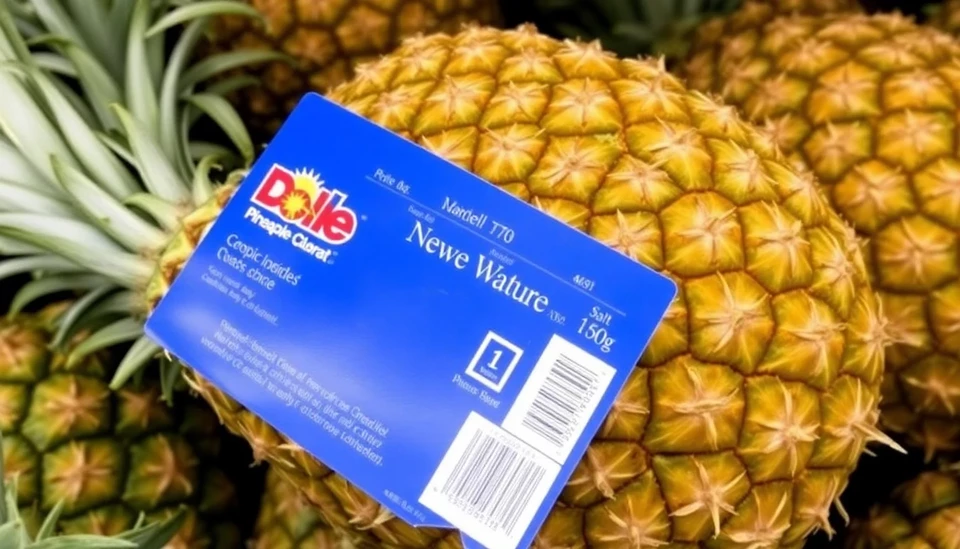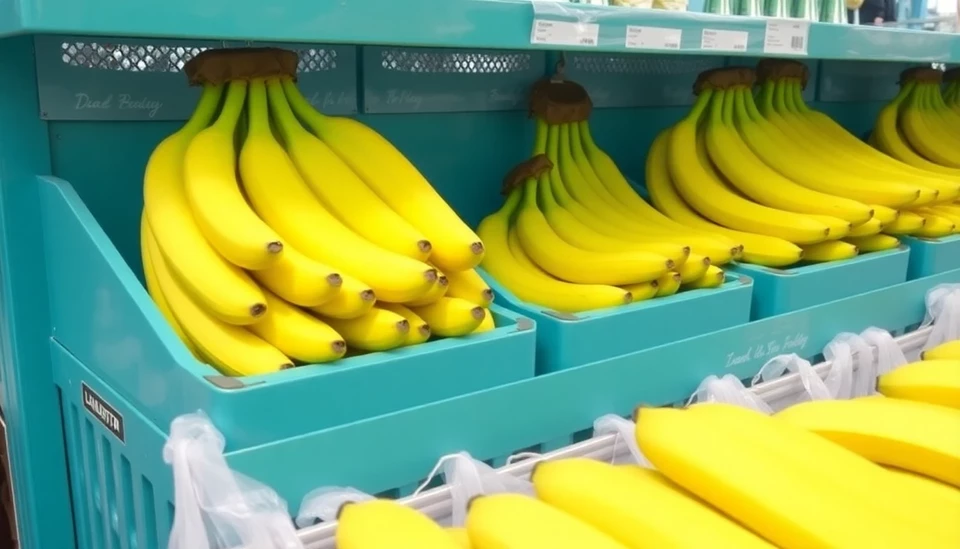
In a recent announcement, Dole Food Company revealed that it will be increasing its prices on fresh pineapples, further complicating the ongoing struggles faced by grocery retailers amidst rising operational costs. This decision underscores the growing impact of inflation on the agricultural sector, especially in the wake of recent economic pressures affecting food prices globally.
The price adjustment is perceived as a response to the soaring costs of production and transportation, which have been exacerbated by various external factors, including fluctuating fuel prices and climate-related challenges. As one of the largest producers of fresh pineapple, Dole's price hike is likely to have widespread ramifications, particularly for supermarkets that are already grappling with tight profit margins.
According to reports, the price increase is expected to take effect in the coming weeks, with Dole stating that they are committed to ensuring the quality and sustainability of their pineapple supply. The decision comes as part of a broader trend where many food suppliers are adjusting their pricing structures in response to inflationary pressures and changes in consumer demands.
Retailers will need to navigate these new price levels carefully. With consumers already feeling the strain of rising grocery costs, there is a concern that higher pineapple prices could lead to decreased sales or push shoppers to seek more affordable alternatives. Industry analysts have noted that this could further contribute to the ongoing volatility in the fresh produce market, where supply chain disruptions continue to be prevalent.
In the context of Dole's announcement, it is essential for consumers and retailers to be aware of the dynamics that influence food pricing. Factors such as weather conditions, global supply chain issues, and changes in agricultural policy are all critical elements that can drive costs higher. This latest move by Dole is not just a reflection of current market conditions but also a signal of the challenges that lie ahead for both producers and consumers in the food sector.
As the grocery landscape evolves, retailers will need to implement strategic pricing and promotional strategies to mitigate the impact of Dole's price hike on their sales. Ensuring good relationships with suppliers and exploring cost-saving measures could be pivotal in maintaining profitability during such uncertain economic times.
As consumers become more price-conscious, delivering value without compromising quality will be increasingly important for grocery chains. The expected price increase from Dole might provoke a re-evaluation of their product offerings, pushing retailers to enhance their communication with consumers about sourcing practices and the reasons behind price adjustments.
In conclusion, Dole's decision to raise pineapple prices is emblematic of a broader challenge facing the food industry today. As inflation influences purchasing behaviors and supply chains, both producers and retailers will need to adapt swiftly to maintain their market positions while offering value to consumers.
#Dole #PineapplePrices #GroceryChallenges #InflationImpact #FoodIndustry #FreshProduce #ConsumerAwareness
Author: Victoria Adams



